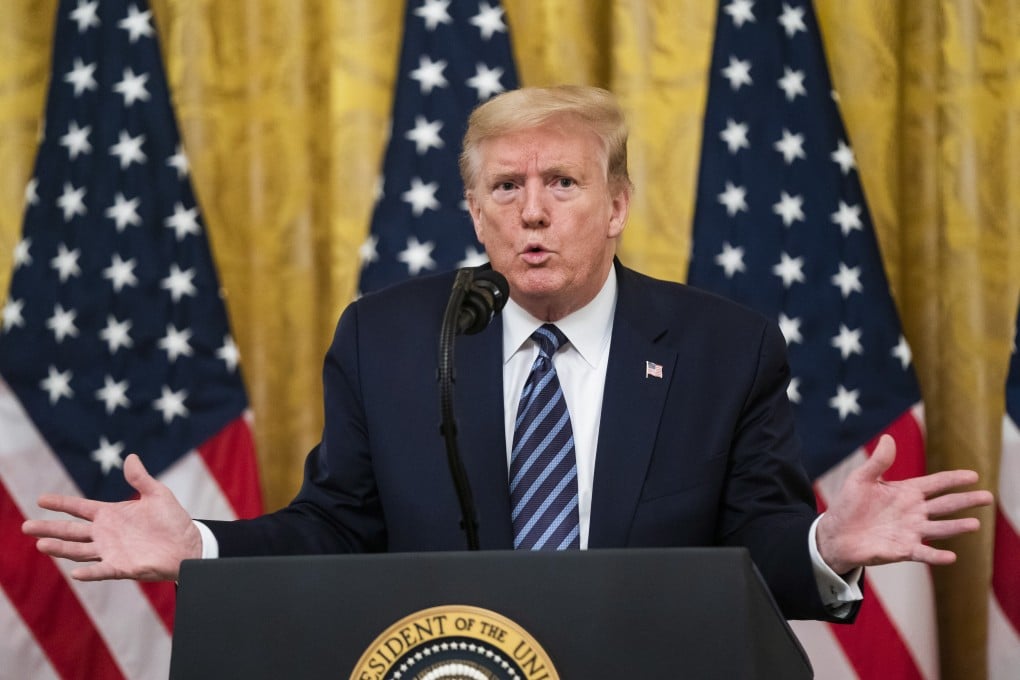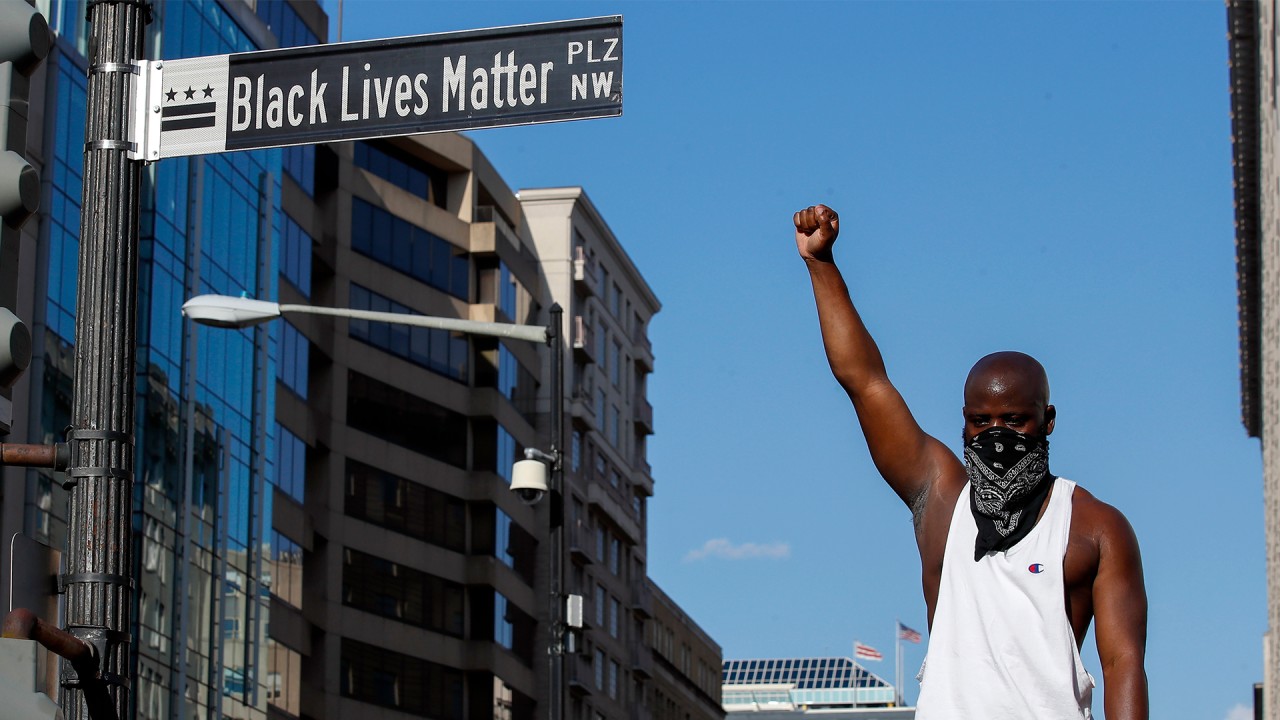Advertisement
Opinion | The real reason Trump responded strongly to Hong Kong’s national security law
- Trump’s announcement of US action following China’s move to impose a national security law on Hong Kong will have little impact on the city. Rather, it reflects deteriorating Sino-US relations
Reading Time:4 minutes
Why you can trust SCMP
0

President Donald Trump’s announcement that the United States would impose sanctions over the erosion of Hong Kong’s autonomous status is unlikely to have much impact on the ground, but does reflect the depth of deterioration in the bilateral relationship since March 27, when he last spoke with his Chinese counterpart Xi Jinping.
“Possession is nine-tenths of the law”, as the adage goes, and China undoubtedly possesses Hong Kong. The US and other countries, including Britain, may challenge the legality of China’s actions, but since there is no way to enforce international law, the most they can hope for is that Beijing will be more circumspect in its actions.
Immediately, this means drafting the national security law for Hong Kong narrowly, to avoid unduly affecting the majority of the city’s residents.
Trump has indicated a lack of personal support of pro-democracy protests in Hong Kong and in 2019 referred to them as “riots”. He earlier referred to the 1989 pro-democracy protests in Beijing as “riots” and called Chinese leaders strong for having put down the uprising.
But the US government, in dealing with China, tends to take the moral high ground and, in the case of Hong Kong, has been supportive of protesters calling for democracy. Now, however, the nationwide protests in the US undermine that posture.

03:10
Anti-racism and police brutality protests sparked by death of George Floyd continue around the globe
Anti-racism and police brutality protests sparked by death of George Floyd continue around the globe
China’s state media is chortling. In an editorial titled “Quelling protests with troops self-contradictory for US”, Global Times, a nationalistic paper published by the official People’s Daily, asked: “Why did politicians in Washington overbearingly portray the US as the beacon of democracy and human rights? Have they really not anticipated that the US could one day confront the situation as it does today and that their previous big talk could become a slap on their face?”
Advertisement
